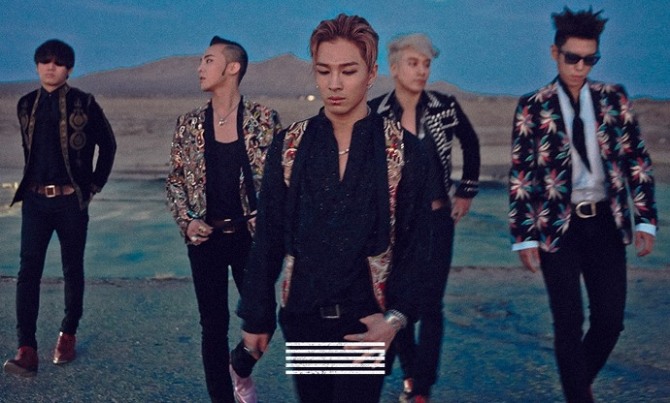Home > Music
K-pop powerhouses struggle amid missile-defense dispute
Signs of recovery in stock prices of some major Korean entertainment agencies were observed Wednesday, but fell short of offsetting significant drops seen Tuesday.
A majority of entertainment firms, however, saw a continued slide in stocks.
Such sluggishness is largely due to Chinese authorities’ apparent, yet unofficial, ban on Korean stars’ activities.
 |
| Rock band CN Blue (FNC Entertainment) |
A day prior, the firms, largely dependent on revenues from the Chinese market, saw slides of 5 to 8 percent in stock prices. YG Entertainment’s share fell 7.96 percent, while S.M. Entertainment’s stock fell 5.32 percent. JYP Entertainment’s stock dropped 5.4 percent and FNC Entertainment‘s shares fell 4.96 percent.
 |
| Boy band Big Bang (YG Entertainment) |
Local reports attributed the apparent ban to escalating diplomatic tension between Korea and China after Korea and the United States agreed to deploy the Terminal High Altitude Area Defense missile battery in Korea on July 8. China and Russia have opposed the deployment.
Seoul has emphasized the need to enhance defense system against a possible North Korean missile attack with the deployment of antimissile system. However, Beijing has argued the deployment could renew tensions.
 |
| Boy band EXO (S.M. Entertainment) |
Such an unwelcome atmosphere by the “implied regulation,” however, is reminiscent of Japan’s situation when at one moment Japanese TV series began to disappear in China, and might result in a roadblock in the Korean entertainment industry‘s attempt to seek expansion in China, said Park Shin-hee, who ran an entertainment business in China for 11 years, in a radio interview Wednesday.
By Son Ji-hyoung (json@heraldcorp.com)
Related article: China bans Korean artists from TV shows




























